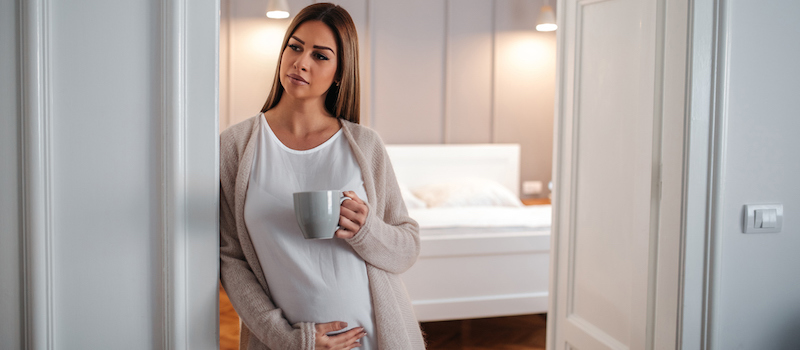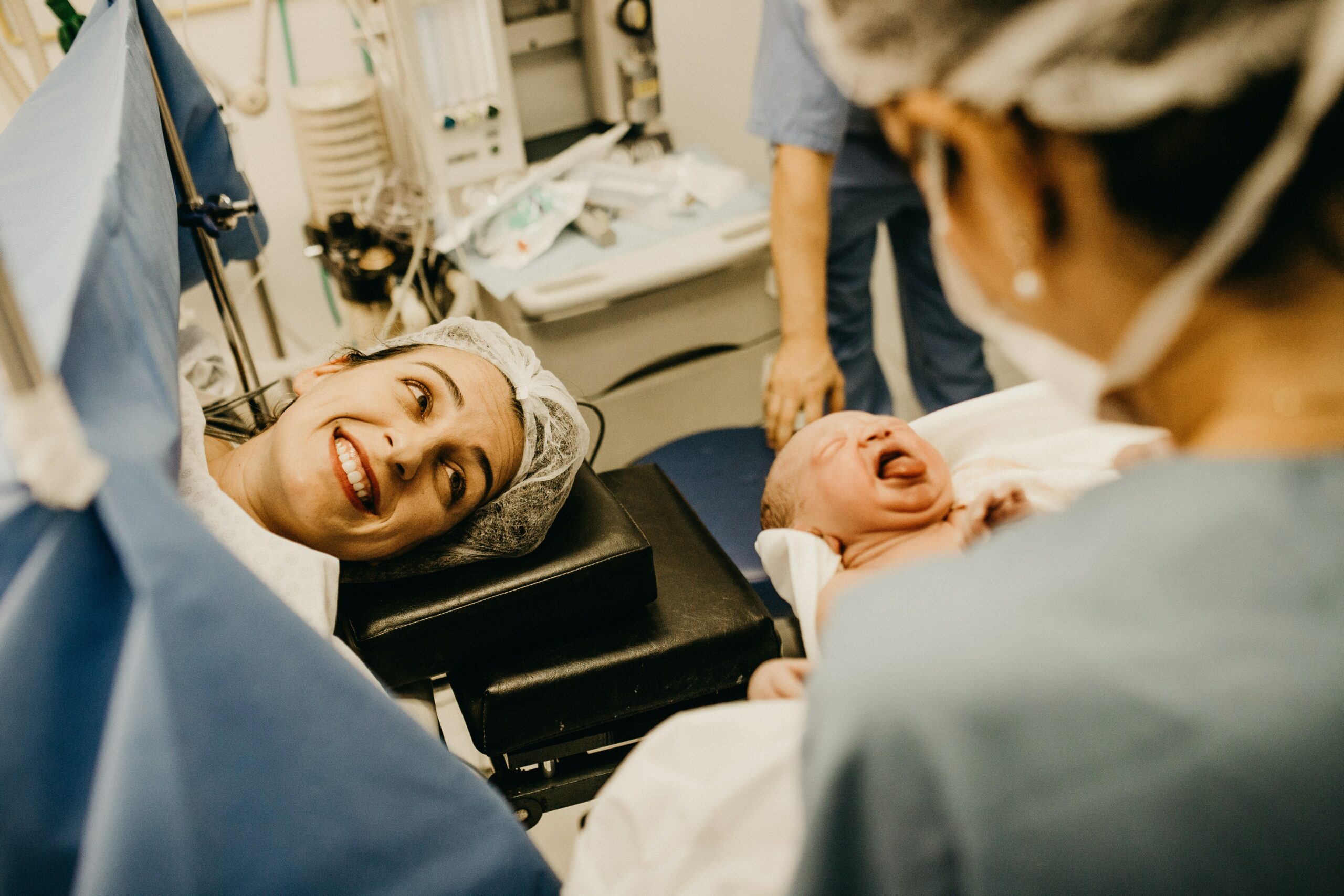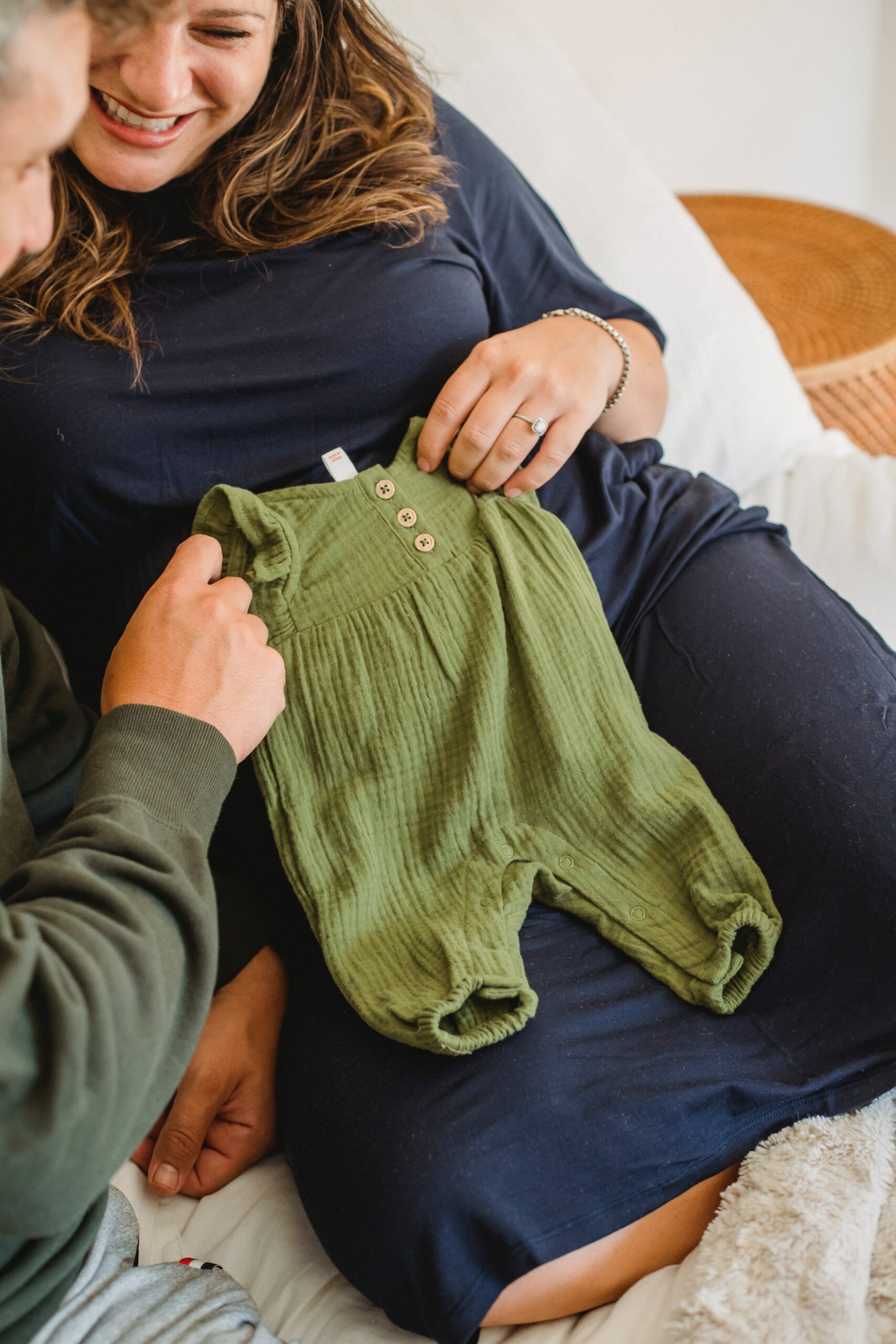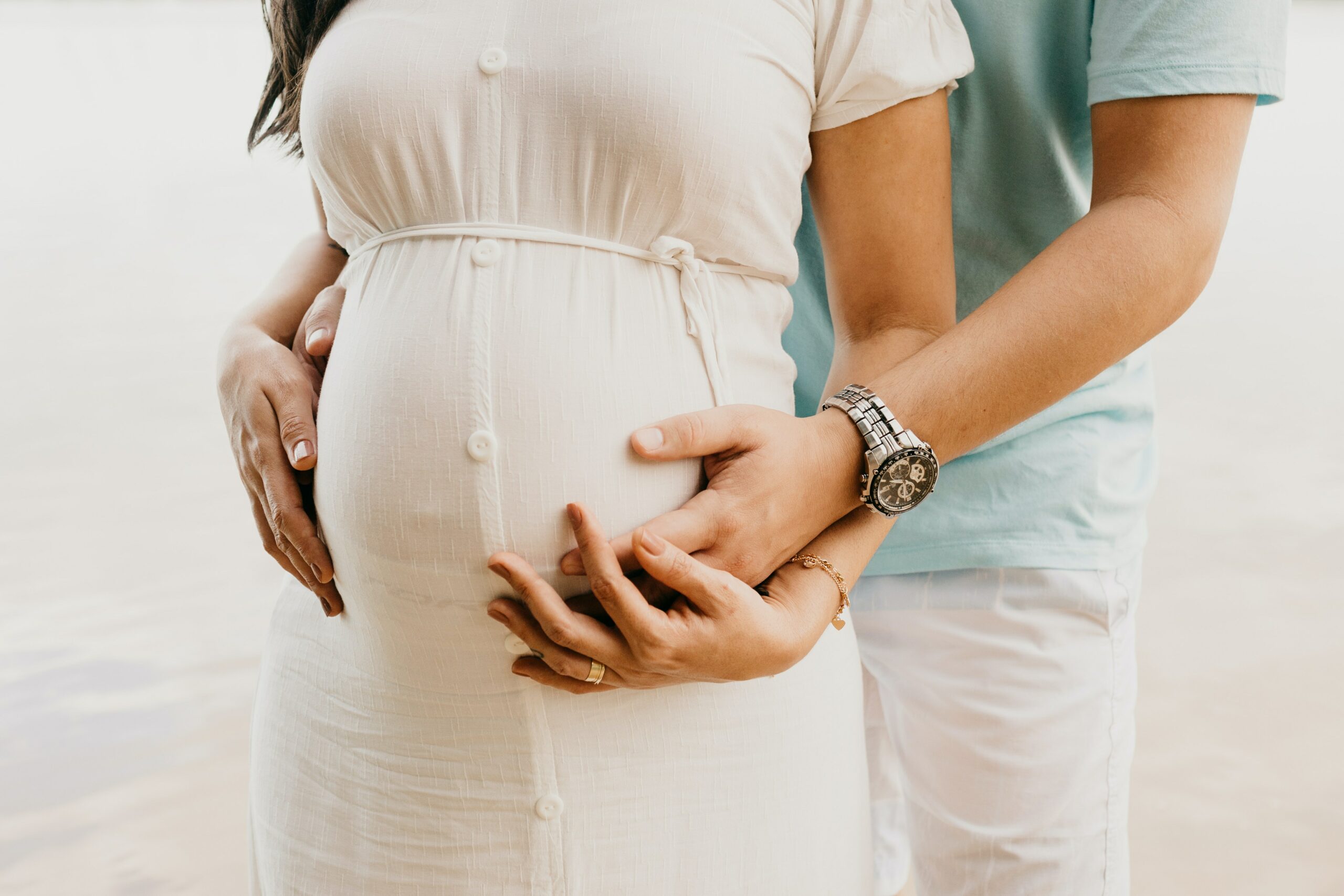For many people, drinking coffee is as essential as drinking water or eating daily meals. In addition, sometimes, few things will hit the spot as well as an ice-cold soda or a box of chocolate truffles. But the same way most women can give up a glass of wine with dinner for the sake of their gestating baby, the question of whether they should also give up caffeine arises.
This is especially true when we take into account the effects caffeine has on the human body, such as:
– Increased heart rate
– Increased blood pressure
– Acts as a diuretic
– Interrupts sleep patterns
Would drinking a cup of coffee cause the same effects on your baby?
Caffeine Intake During Pregnancy
The good news is that yes, pregnant women can have caffeine (morning commuters, rejoice!) That being said, this green light is not a free for all. There’s a limit as to how much caffeine is safe to consume while pregnant. This is because having too much can accelerate your baby’s heart rate, or even make your son or daughter dependent on it once they are born.
There are tales about how caffeine may increase the risk of miscarriage. However, according to the American College of Obstetricians and Gynecologists (ACOG), studies are inconclusive, and it is safe for a pregnant woman to consume up to 12 oz of caffeine a day (200mg). For an easy frame of reference, that’s the amount of coffee that would be served in a Starbucks’ tall cup.
How Caffeine Affects Your Developing Baby
Anything you consume during pregnancy will reach your baby’s bloodstream through the placenta. Since a fetus is still developing, whatever effects you may feel when you consume caffeine will have a greater effect on your baby. This is why it’s crucial to limit your intake if you do choose to continue drinking caffeine during pregnancy.
Caffeine in Drinks and Foods Other Than Coffee
Regardless of whether you decide to bypass caffeine entirely or keep enjoying your 12oz java, it’s always good to keep in mind that sometimes, caffeine can hide in not-so-obvious items, such as:
– Tea
– Protein bars
– Ice cream
– Decaf coffee (despite the name, it could still have trace amounts of caffeine)
– Breakfast cereal
– Over the counter medications
Before you indulge in caffeine, (or take a pill for a headache), read the label so that you’re fully aware of what you’re about to consume.
Can Women Have Caffeine While Breastfeeding?
You can take a sigh of relief: Yes, women can consume caffeine while breastfeeding, but you should still limit it, since a portion of it does end up in breast milk. If you do decide to drink coffee while breastfeeding, limit the amount to 16 oz per day. Otherwise, you may end up with an irritable baby and you could be interrupting his or her sleep pattern.
Contact us at OB-GYN Women’s Centre
Pregnancy is an exciting time in any woman’s life. It can also be a bit scary if it’s your first.
At OB-GYN Women’s Centre, we’ll provide you with the best prenatal care during all stages of pregnancy, taking into account your individual medical needs.
Contact us to schedule an appointment. We look forward to meeting you and your baby.




